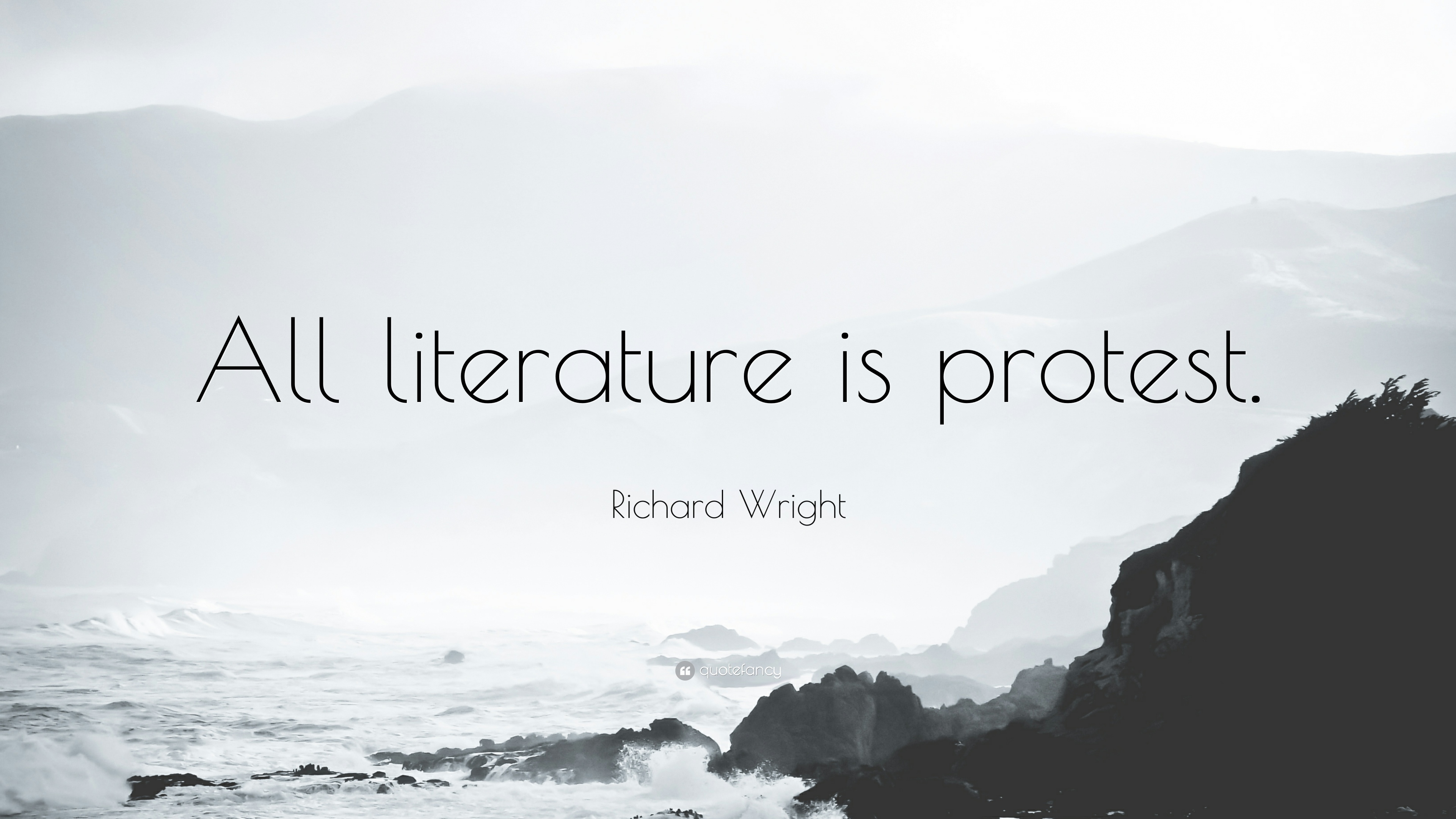
I look then at the silly walls
Through dark eyes in a dark face—
And this is what I know:
That all these walls oppression builds
Will have to go!
Langston Hughes, “I look at the world”
The American poet, Langston Hughes’ lines were written for a very different purpose and against a very different kind of oppression than the one we see here in India. However, it will not be too far fetched to say that their universalism speaks for the number of times writers here in India have stood up against “the silly walls” of oppression.
In 2015, the Kannada scholar, M M Kalburgi’s death was followed by a string of protests by writers across India, writing in several languages. They returned their Sahitya Akademi awards, resigned from the Akademi, and wrote letters to the institution, urging it to condemn the attacks on writers. The Akademi did concede to their demands, but writers, minorities, and even judges, were still hounded in 2017.
Here is a compilation of such incidents and the response by writers in the form of public statements against the attacks, and in support of movements organised against these attacks:
1. In August, writers joined hands with scientists and marched alongside them in the March for Science protests held across the country

First, there wasa statement by a broad section of scientists and academics who called for a march for science, primarily as a response to the slashing of funds for research institutes.
Several writers such as Ganesh Devy, Shashi Deshpande,. Bama, Sarah Joseph, Paul Zacharia, and N.S. Madhavan, among others, felt that this call was also linked to their own struggles as writers in a society that is increasingly becoming anti-rational in its outlook.
On 18 July 2017 they released a statement saying,
In 2015, writers, scientists, artists and academics came together to speak up against the unmaking of India. Part of this unmaking, which continues to this day, is the steady erosion of a scientific outlook in the country. Superstition and fraudulent claims are parading as science. The spirit of enquiry, speculation, debate, and questioning based on an actual examination of the world, are attacked. Both education and research, essential in the quest for knowledge, are under threat by the self appointed experts in the thought police, or by the withdrawal of state funding and support.
Read the entire statement, as well as the call given by scientists and academics, here.
2. In June 2017, Writers Strongly Condemned the Attack on Junaid Khan
On 22 June, 2017, Junaid Khan was lynched while he was travelling in a train. The incident took place in he evening and the train was running somewhere between Okhla and Asoti , both in the state of Haryana. The incident was reminiscent of the death of Mohammed Akhlaq, who was killed in 2015. Akhlaq’s murder, coupled with the death of M M Kalburgi, was the trigger for several writers to return their Sahitya Akademi awards in 2015.
Some of India’s most renowned writers and performers like Adil Jussawalla, Nayantara Sahgal, Chaman Lal, Jerry Pinto , Mallika Sarabhai, and Danish Husain responded to the murder immediately. The poet, Daruwalla, responded by saying “…the names of Akhlaque Ahmed and Junaid will go down in history as black marks against the current establishment.” Read all their statements here and here.
3. In August 2017, several writers appealed for a stop to the hounding of writers on social media
Punjabi writer Baldev Singh Sadaknama and Surjit Gag faced attacks from varied sections, and writers came out in their support. While Sadaknama was hounded by Khalistani or extremist Sikhs for his portrayal of Maharaja Ranjit Singh in his novel Suraj di Akh, Gag was arrested for posting a poem on Guru Nanak on Facebook.
Similarly, Hansda Sowvendra Sekhar, who writes in English, was had been under attacked by his critics on Facebook for a long time. Writers and artists such as Manishi Jani, Orijit Sen, Mangalesh Dabral, and Rahman Abbas, among others, wrote released this appeal:
We appeal to the entire community of writers and readers, and all citizens and progressive cultural groups, to demand that this hounding of writers must stop. We must ensure that our public discourse remains rational and civil, and that it allows for disagreement and criticism to be expressed through a debate on ideas, rather than name-calling, burning books, threats and abuse.
4. In September, writers and academics Responded to Gauri Lankesh’s murder as well as a direct threat from Hindu Aikya Vedi

Journalist Gauri Lankesh’s murder in September saw a reaction from the civil society at large, and writers and academics, too, joined them in huge numbers. The Indian Writers’ Forum released a statement, linking Lankesh’s murder to the other attacks on rationalists and scholars:
This is a chilling continuation of the series of murders of rationalists, writers, scholars and activists, from Narendra Dabholkar and Govind Pansare to MM Kalburgi. None of the murderers has been punished, though much points to the extended right wing family. Instead, the punishment of critical voices continues, as do attacks against Muslims, dalits, Adivasis and women – Indian citizens all.
They ended the statement saying, “They cannot silence us all”. Read the entire statement here.
Soon after Lankesh’s muder, K P Sasikala, Kerala state president of the Hindu Aikya Vedi threatened writers who are opposed to the Rashtriya Swansevak Sangh . Writers responded to this threat as well. “The Sangh Parivar trolled Gauri Lankesh even after her murder. The Hindu Aikya Vedi’s threat is the next logical obscenity,” said Githa Hariharan. Read all the responses from writers here.




